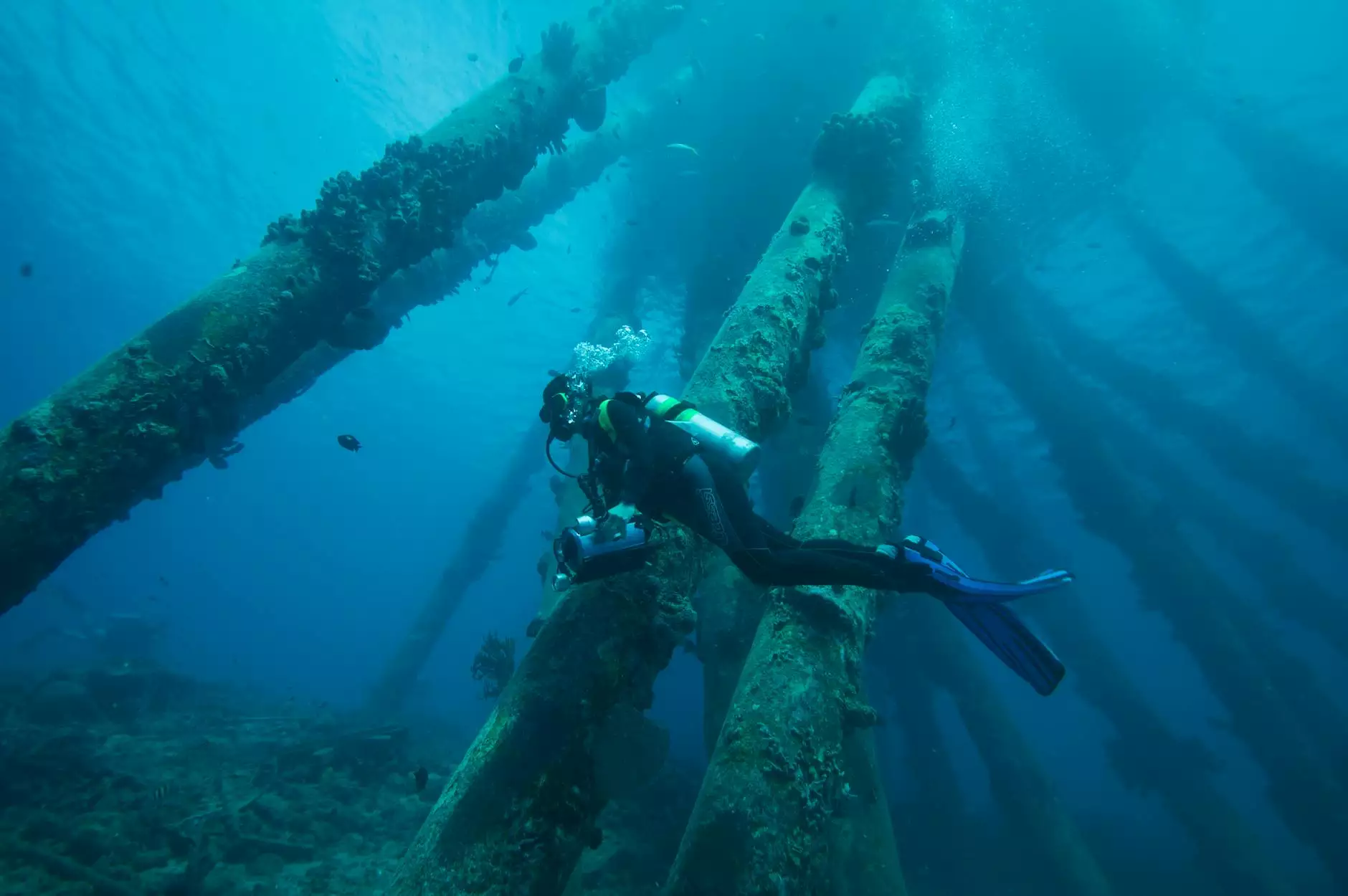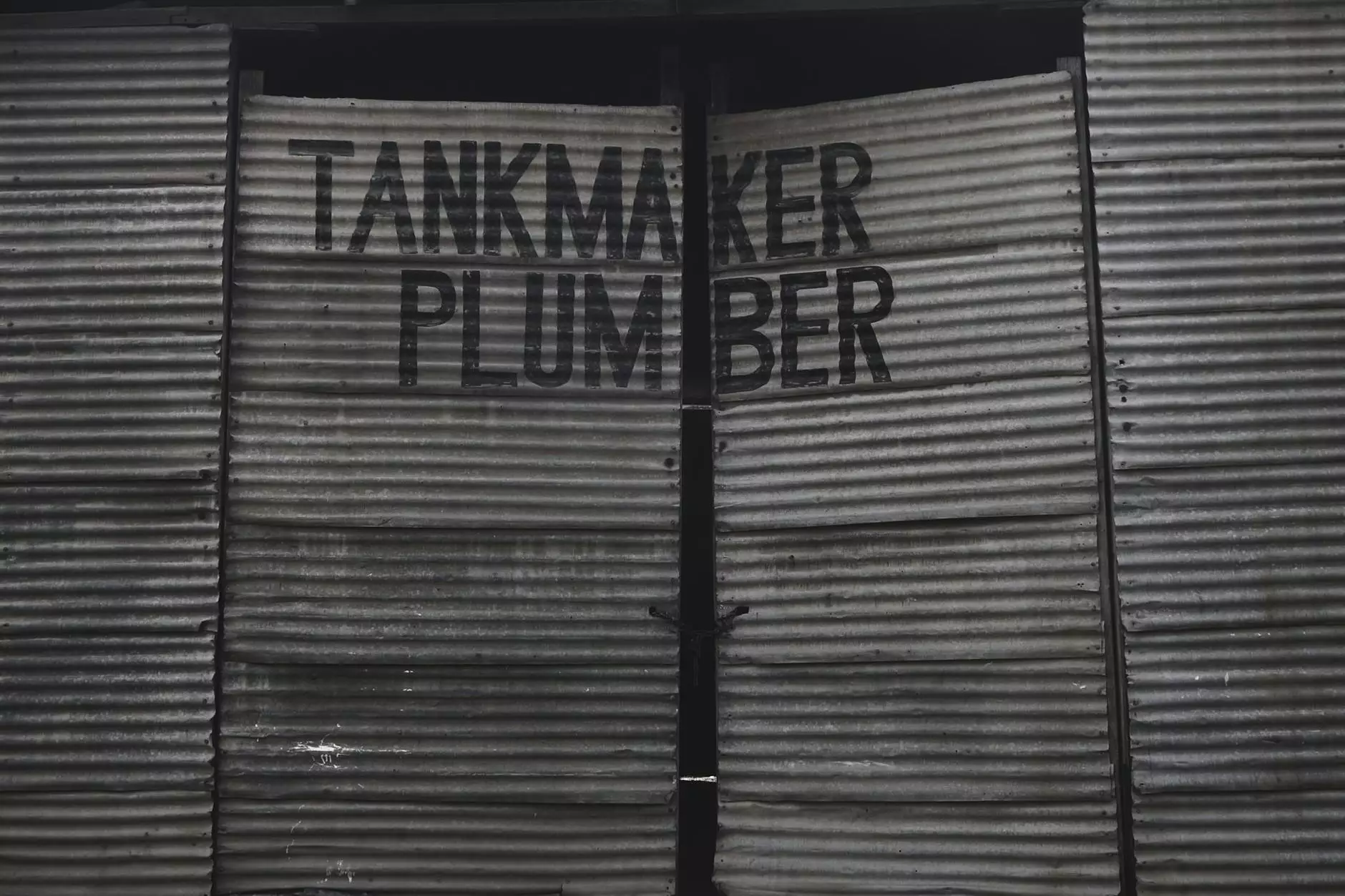The Ultimate Guide to Choosing a Dry Suit for Scuba Diving

When it comes to scuba diving, the right gear can make all the difference in your underwater experience. Among the essential pieces of equipment, a dry suit for scuba diving stands out as one of the most significant items divers can invest in. This guide dives deep into understanding dry suits, their features, benefits, and how to choose the perfect one for your next diving adventure.
What is a Dry Suit?
A dry suit is a type of scuba diving suit designed to keep the diver dry while submerged in water. Unlike wetsuits, which allow water to seep in and offer thermal insulation through water retention, dry suits are built with waterproof materials that prevent water from entering the suit. This feature makes them ideal for diving in colder waters or for extended periods.
Key Features of Dry Suits
When selecting a dry suit for scuba diving, you should consider the following essential features:
- Material: Dry suits can be made from various materials, including neoprene, Gore-Tex, and trilaminate. Each material has its pros and cons, particularly concerning flexibility, thermal insulation, and durability.
- Seals: Look for suits with high-quality seals at the wrists and neck to prevent water from leaking in. Latex seals are more prone to tears but create an excellent barrier, while neoprene seals offer more comfort.
- Valves: Dry suits come equipped with inflation and dump valves, which allow you to control the air in your suit, an essential feature for maintaining buoyancy.
- Fit: A proper fit is crucial. A well-fitted dry suit will provide better thermal protection and comfort during dives.
- Pockets: Storage is key in diving, and many dry suits come with integrated pockets for carrying extra gear or personal items.
The Benefits of Using a Dry Suit
Choosing a dry suit for scuba diving brings a myriad of benefits:
- Temperature Regulation: Dry suits are designed to keep the body insulated from cold water, allowing divers to dive in various temperatures comfortably.
- Extended Dive Time: With better thermal protection, divers can spend longer underwater without suffering from the cold.
- Less Weight Required: Unlike wetsuits that require additional weights for buoyancy, dry suits require less weight since they trap a layer of air for buoyancy.
- More Versatile: Dry suits are suitable for various diving environments, including cold lakes, the ocean, and even ambient water where thermal insulation is needed.
How to Choose the Right Dry Suit
Selecting the right dry suit for scuba diving involves considering several important factors:
1. Assess Your Diving Needs
Before purchasing, evaluate your diving environment. If you plan to dive in colder waters or enjoy extended diving sessions, investing in a dry suit is advisable. For warmer waters, a wetsuit might suffice.
2. Consider Your Skills and Experience Level
Beginners might prefer a less complex suit that’s easy to put on and adjust, while experienced divers may opt for suits with advanced features.
3. Determine Your Budget
Dry suits can vary significantly in price. It’s crucial to balance your budget with your needs. Remember, investing in a good-quality dry suit can enhance your diving experience.
4. Get a Proper Fit
Don't overlook the importance of fit. A suit that is too tight may restrict your movement, while a baggy suit can allow water to seep in. Most manufacturers provide fitting guides to assist you.
Top Dry Suit Recommendations for Divers
Here are some highly recommended dry suits that cater to different needs and budgets:
1. X-Scuba Dry Suit
This suit offers an affordable option without compromising on quality, featuring high-quality seals and durable materials.
2. DUI TLS410 Tech Dry Suit
Catered to professional divers, this suit is packed with features, ensuring comfort and durability in colder waters.
3. waterproof D7 Pro Dry Suit
A well-reviewed suit offering excellent flexibility, warmth, and additional options for customization.
Tips for Maintaining Your Dry Suit
Once you invest in a dry suit for scuba diving, proper maintenance is key to prolonging your suit's life:
- Rinse After Every Dive: Always rinse your suit with fresh water after diving to remove salt, sand, and other debris.
- Dry It Properly: Hang your suit to dry completely in a cool, shaded area, avoiding direct sunlight, which can degrade the material.
- Check for Damage: Regularly inspect for leaks or tears and repair them immediately to maintain warmth during dives.
- Store Correctly: Store your dry suit in a cool, dry place, ideally hanging it or folded carefully to prevent creases.
Conclusion: Dive into Adventure with Confidence
Investing in a high-quality dry suit for scuba diving not only ensures safety and comfort but also enhances your overall diving experience. Remember to assess your diving needs, prioritize fit, and maintain your suit for optimal performance. At Infinity Dive, we offer a range of tours and boat tours designed to complement your scuba diving adventures. Equip yourself with the best gear and dive into endless adventures with confidence! Explore our selection, and embrace the underwater world fully.
dry suit for scuba diving








